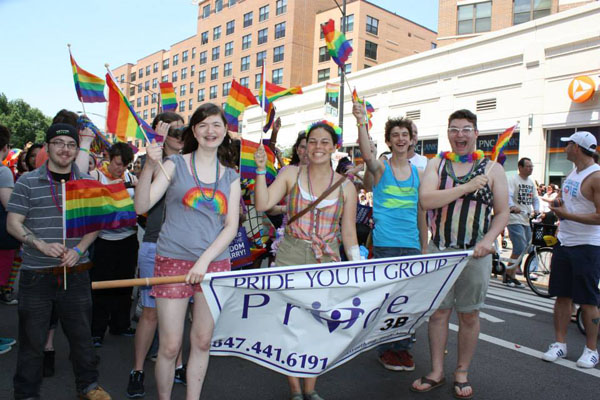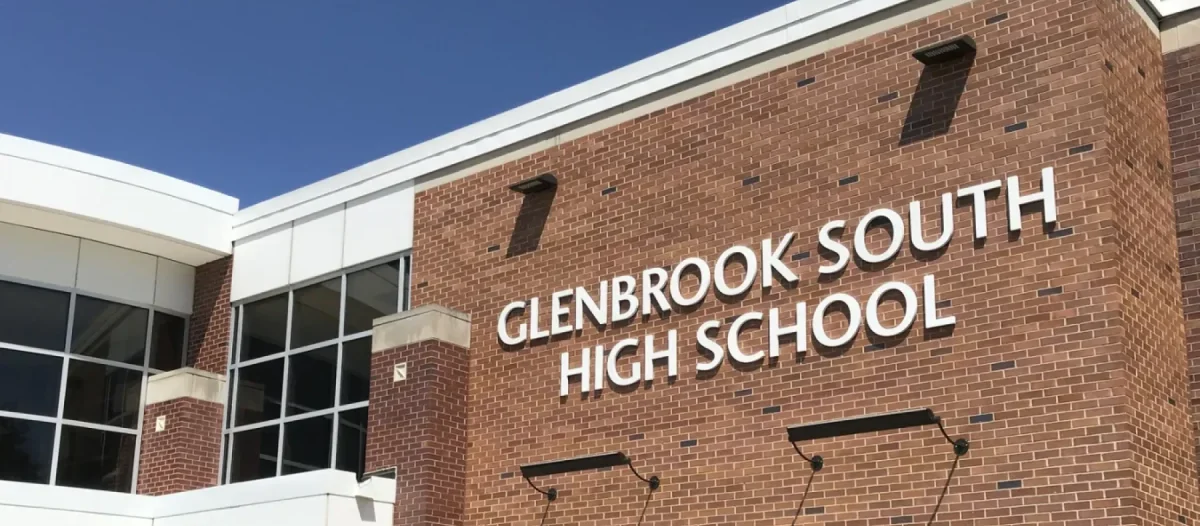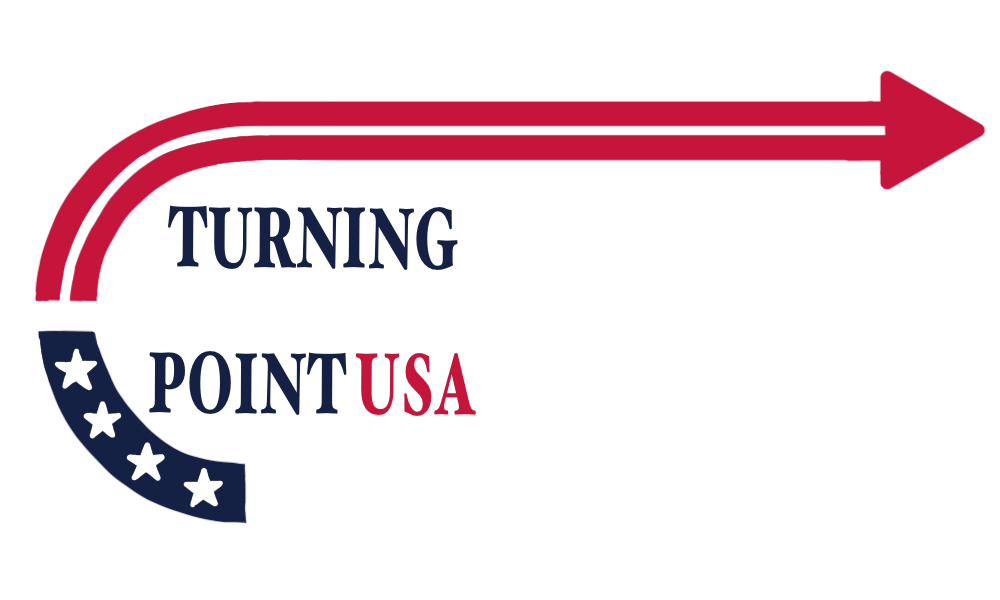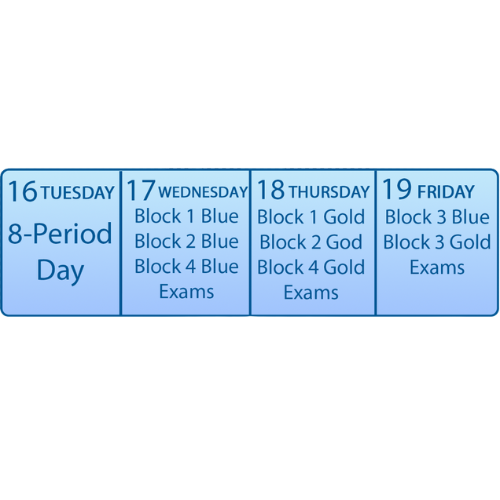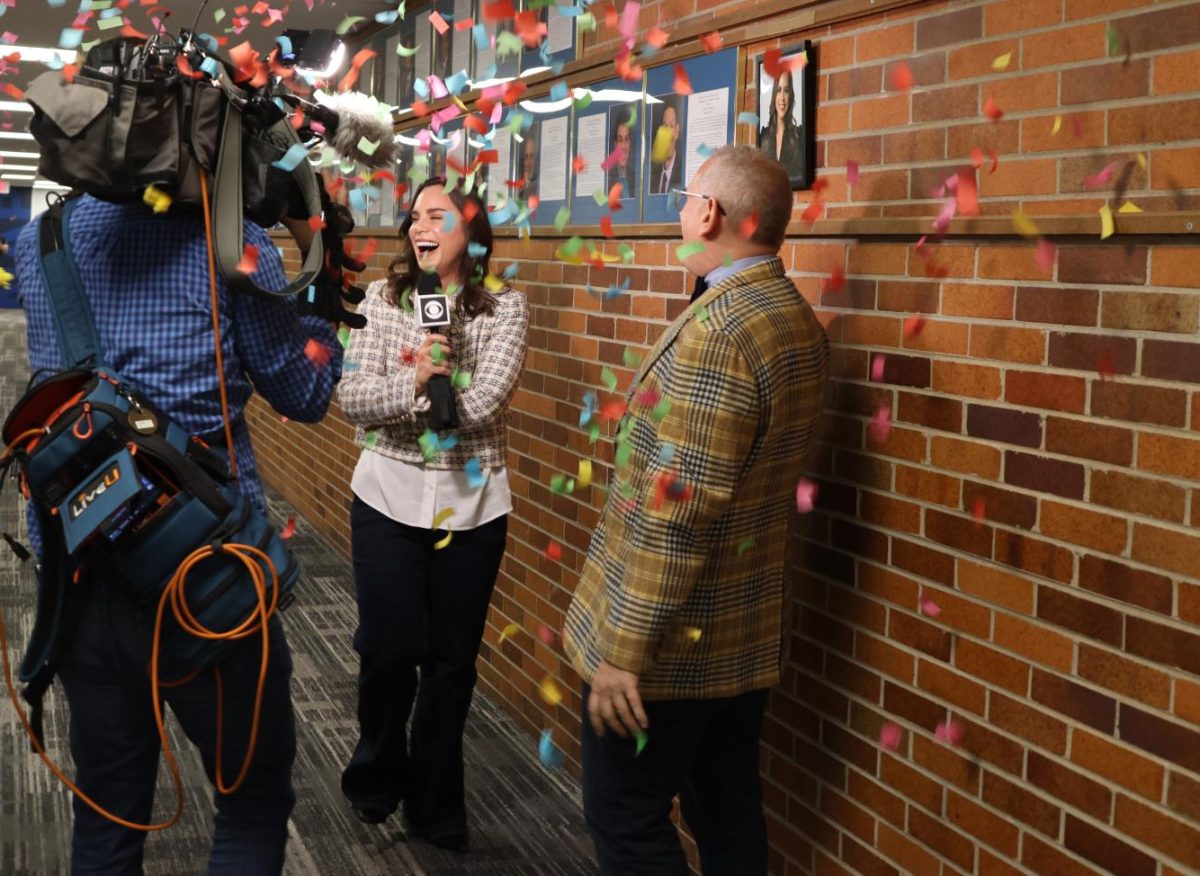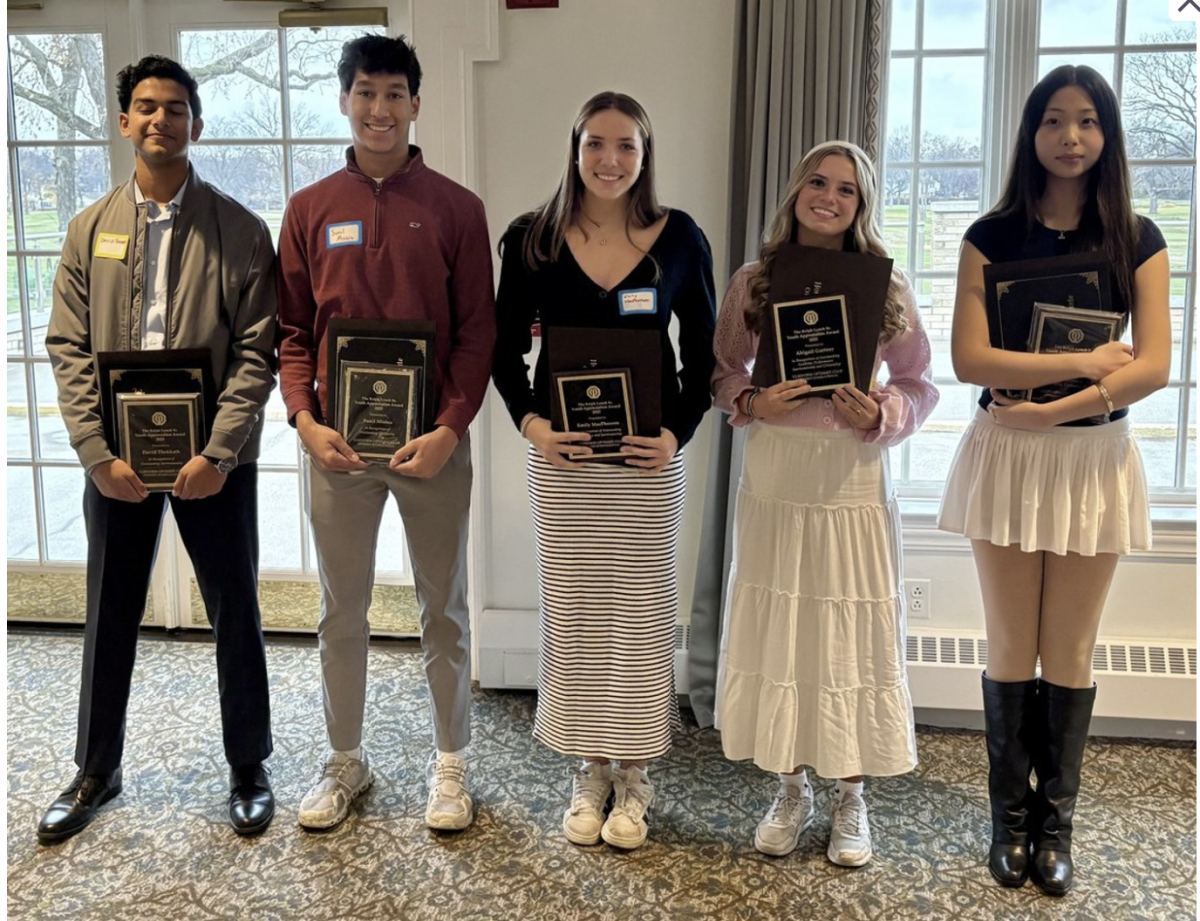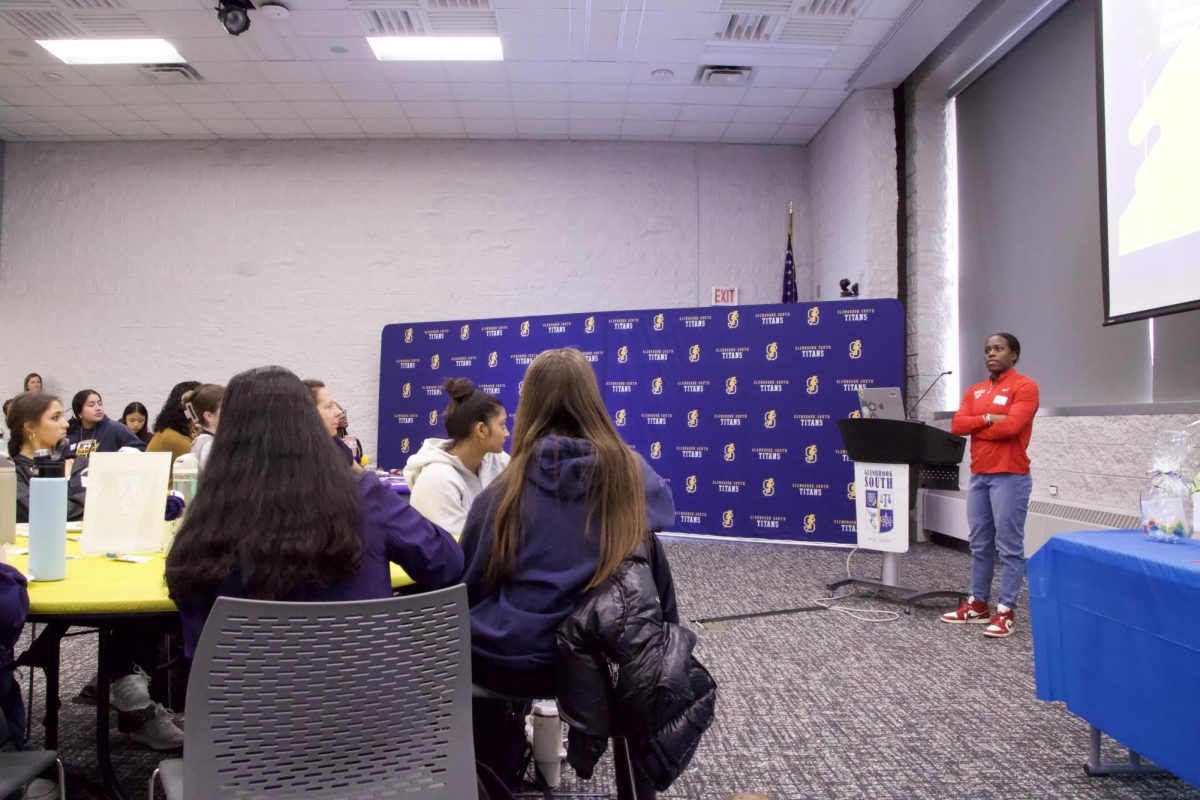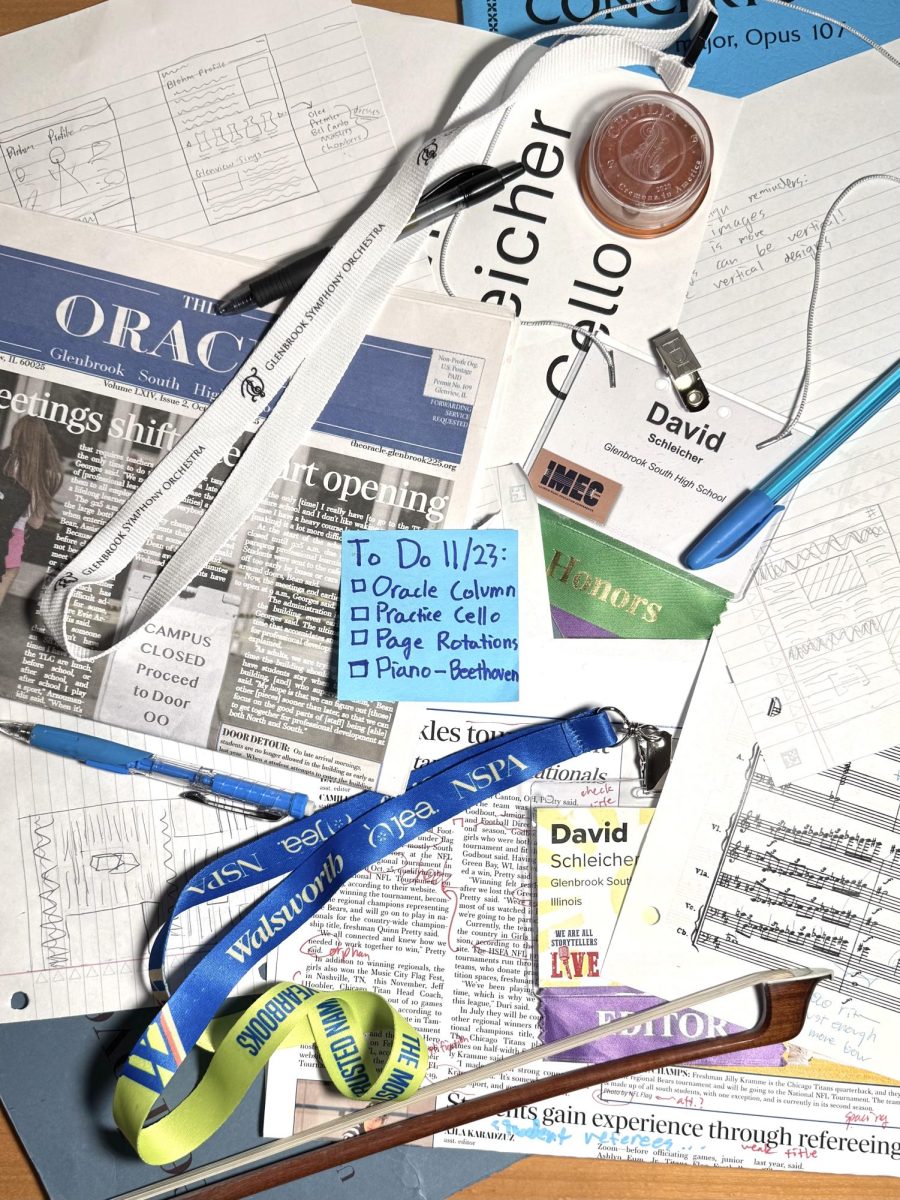Links, a reproductive health center in Northfield, celebrated its 40th anniversary this year.
Links has served the North Shore for the past four decades, providing a medical clinic for young adults, education for schools in the area and support for lesbian, gay, bisexial, transgender and questioning [LGBTQ] teens through their Pride Youth program, according to Executive Director Amy Skalinder. The center was founded on a new need for awareness and care for sexual issues in the early ‘70s.
“In 1973, some of the people in our community were seeing that there were many more concerns amongst the high school age population than there had been previously about unplanned pregnancy, sexually transmitted infections (STIs),” Skalinder said. “They really saw a need for the clinic and it opened.”
The Links clinic provides confidential support where young adults can, by appointment, receive medical treatment and counseling. Treatment ranges from preventative care for patients, like providing reliable birth control, to testing for STIs and pregnancy.
After the Links clinic opened, program volunteers taught about drugs and alcohol. Other community education programs followed and now Links teaches about sexual health, drug and alcohol awareness and sexual orientation to over 11,000 students per year, according to linksyouth.org. The increase in topics is connected to a change in public opinion of sexual education, according to Skalinder.
“I think it’s recognized now that comprehensive sex education is part of comprehensive health education,” Skalinder said. “These are our bodies, this is part of our global human development, this is something we need to be aware of, and I think there’s greater recognition of that.”
Michelle Scheinkopf, South health education teacher, praised Links for stepping in whenever the need for support or information arose. Scheinkopf said that throughout its history, Links has reacted quickly to movements such as HIV/AIDS awareness and LGBTQ activism by providing testing, treatment and prevention information for STIs as well as assistance and education for LGBTQ issues.
Skalinder said the Pride Youth Program was founded in 1993 in response to a local need for LGBTQ support.
“Back then it was kind of like, ‘There are no gay people in the suburbs.’ That wasn’t true then and it isn’t true now,” Skalinder said. “I think that there’s a greater recognition of the need for [that].”
Cheryl Hope, sponsor of South’s Gay Straight Alliance (GSA), said that even before GSA existed at South, the Pride Youth Program educated the school about LGBTQ issues by sending a student panel to talk to the faculty.
Today’s Pride Youth Program meets weekly at four locations in the North Shore community. Junior Henry Netherland joined the Northfield sessions when South’s GSA meetings conflicted with his track practice. Netherland has found the Links Pride Youth Program to be a diverse support system.
“It’s really helpful to meet kids from other schools and […]see how different their schools are from our school,” Netherland said.
Senior Alex Canary said she found Links when looking for connections to the LGBTQ community on the Northshore. According to Canary, the multiple opinions about LGBTQ issues expressed at the Pride Youth meetings are valuable to learn about.
“I like having debates with other LGBT teens because I think […] ultimately that’s where the future is, having [a] thoughtful, engaged group of people instead of people who all just agree with one another,” Canary said.
For students like Canary and for the future of Links, Skalinder would like more widespread knowledge of their services.
“I would like to see increasing awareness of our organization, again so that anyone who might need our services doesn’t have to think about it,” Skalinder said. “They know right away we’re the place to go, we’re the place that can help with any issue relating to sexual health, sexual identity and just general information.”
Barbara Marzillo, South’s head nurse, believes Links’ services provide a great resource to students that should be utilized.
“They’re close by, and they’re just a great place where students [can] go to get that initial health care testing done,” Marzillo said. “It’s a great resource to use.”


